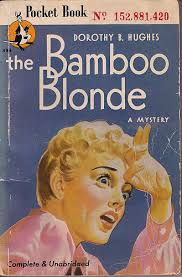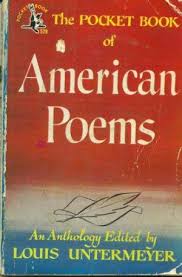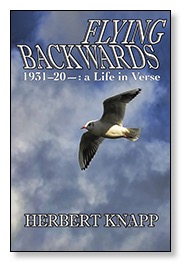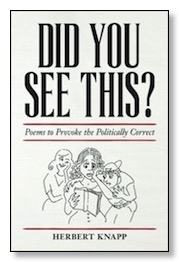The First of Several State of the Art Posts
Possibly poetry will continue its decline into therapy on the one hand and into a futile culture-signaling on the other. But if I can clarify for myself what caused the precipitous decline of poetry’s place in society maybe I will be able to justify to myself all the time and effort I’ve put into writing poems when I could have been doing something more productive, like making money or cleaning the house. And maybe I will be able to speculate sensibly about poetry’s possible future—if it has one.
There have been a dozen good essays about the sad condition of contemporary poetry. I agree with all of them but also with their critics. “A foolish consistency is the hobgoblin of little minds.” I don’t know of anyone, though, who disputes that poetry is now sustained by academic institutions, and that this was not always so.
In 1963, I left the country to teach in the Panama Canal Zone. At the time, the status of poetry had begun its decline but I was busy and didn’t notice. What was to notice?

Dozens of poets were doing their best work and being acclaimed for it. But poetry, in spite of valiant efforts on the part of some poets, was becoming precious. It was retreating to academic journals and the so-called little magazines. Was it ever anywhere else? Yes, it was. I will be detailing this later. For now, I’ll just note that when I was in high school, 1944-’48 in Kansas City, there were paperback anthologies of poetry—Modern poetry as well as the Golden Treasury—on the paperback racks of drugstores right next to The Bamboo Blonde and The Mummie's Curse.
Almost everyone had at least heard of T.S. Eliot. A lot of people could recite poems or pieces of poems from memory. Nobody wanted his son or daughter to actually be a poet, of course, but poetry was rated a lot higher than it is now. When I came back from Panama 20 years later, poetry had become a hobby, rather like stamp collecting or crocheting antimacassars. I’ve read that more people are reading and writing poems these days than ever before, and there are thousands of poetry blogs,which is supposed to show that poetry is in great shape. The stats say so. Really? That is an argument worthy of Gradgrind, whose boast was that with a “a rule and a pair of scales, and the multiplication table” he could weigh and measure any parcel of human nature, and tell you exactly what it came to.”
Neither sales not readers can offset the fact that poetry is of negligible importance to our culture. Nobody cares about poetry anymore but us nobodies. This is a fairly recent development—at least it seems that way to a man of my age. (Next Week: What Happened)



